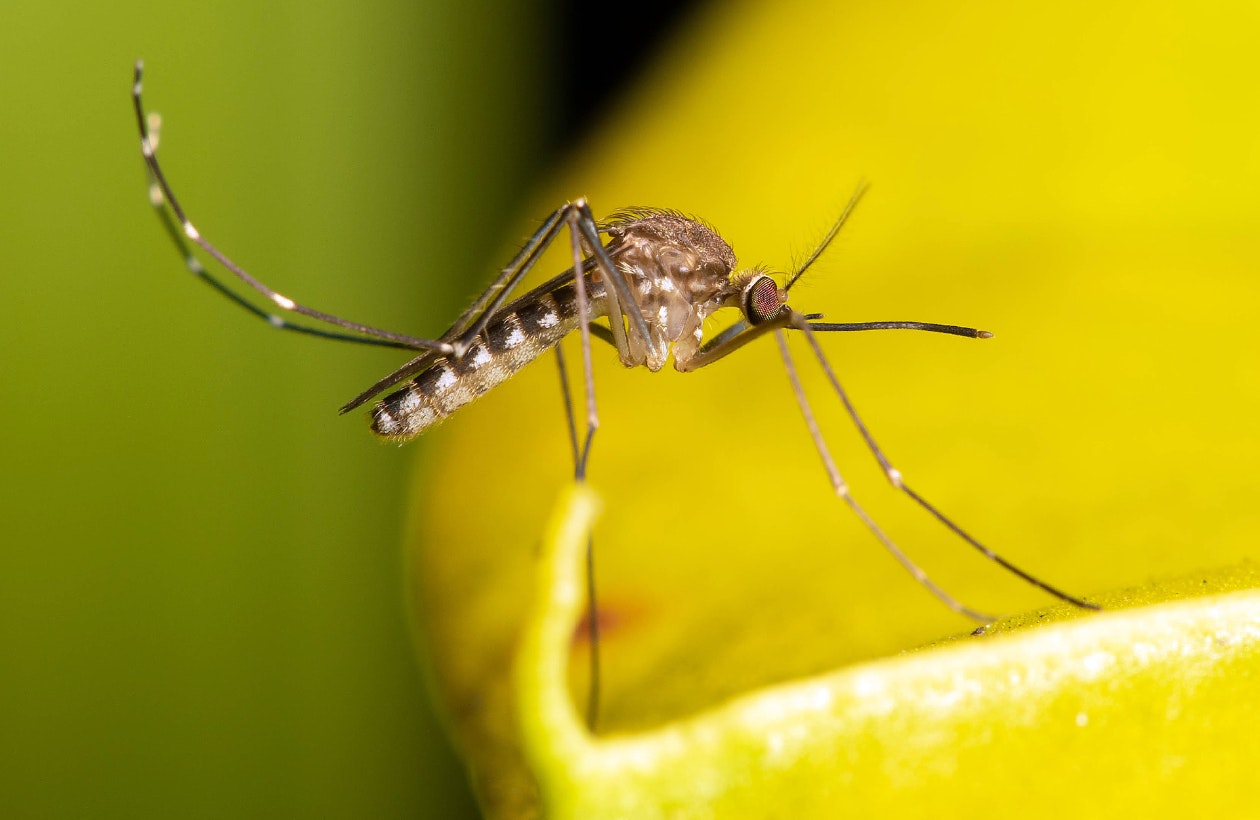Tracy Identified as West Nile Virus Hotspot in San Joaquin County

San Joaquin County health officials have identified Tracy as the epicenter of West Nile virus (WNV) activity this summer. More than 80% of all mosquitoes testing positive for WNV in the county have been trapped in or around Tracy ZIP codes 95376 and 95377.
In the last four consecutive weeks, infected mosquito samples have been consistently found in this region, signaling active transmission of the virus. Officials say the findings, while alarming, are typical for early summer—but they’re urging residents to take stronger precautions to reduce mosquito breeding and prevent bites.
So far, 11 out of 13 positive mosquito samples in San Joaquin County were from the Tracy area. Two dead birds—including an American crow found the week of June 29—have also tested positive. Across California, 19 counties have reported WNV activity in mosquitoes, with 539 positive samples already recorded in 2025, compared to 320 by this time last year.
West Nile virus is the leading mosquito-borne disease in the continental U.S. and spreads through the bite of an infected mosquito. While many people don’t experience symptoms, others may suffer from fever, fatigue, headaches, vomiting, diarrhea, or rash. Severe cases can lead to life-threatening complications such as meningitis or encephalitis. In 2024, one man in Stockton was hospitalized after infection. This year, two human cases have been confirmed in California—one in Stanislaus and one fatal case in Tulare.
To protect yourself and reduce risk:
- Dump standing water weekly from containers like flowerpots, bird baths, and unused buckets.
- Maintain swimming pools—neglected pools are a major mosquito breeding ground.
- Use EPA-registered repellents with DEET, picaridin, oil of lemon eucalyptus, or IR3535.
- Avoid dawn and dusk, when mosquitoes are most active.
- Wear long-sleeved shirts and pants outdoors.
- Vaccinate horses under veterinary guidance.
- Install tight-fitting screens on windows and doors.
